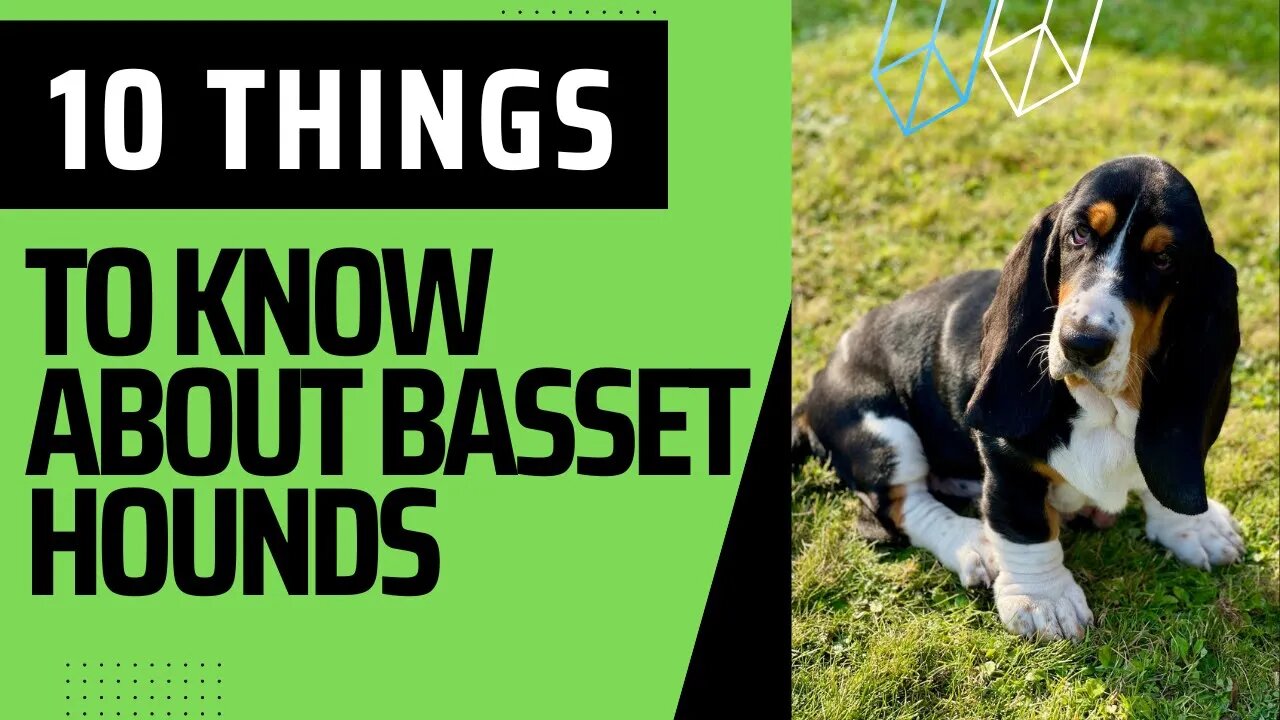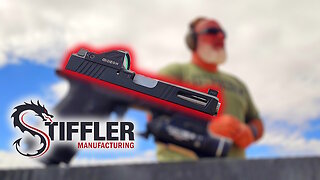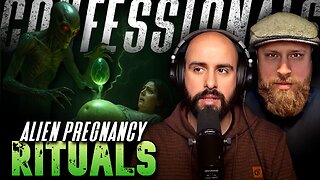Premium Only Content

10 Things To Know About Basset Hounds.
To buy "Facts about Animals" a coffee: https://www.buymeacoffee.com/AnimalsandFacts
To become our contributor: https://www.buymeacoffee.com/AnimalsandFacts/wishlist
If you like our videos and find them useful and interesting,
now you have the opportunity to thank us for our work, by buying us one or more cups of coffee,
or become our contributor using the link in the description of this video or the link in the channel header.
Today I will talk about 10 Things To Know About Basset Hounds.
Basset Hounds’ height, ears, and wrinkles all contribute to their excellent sense of smell.
The dense Basset can pack up to 70 pounds into its low-slung frame.
This breed is prone to health problems, so an experienced owner is recommended.
With their trailing ears and adorably drooping faces,
Basset Hounds are beloved pups—but did you know the breed originated in sixth-century France,
as hunting cousins to the longer-legged Bloodhound?
Here’s everything else you need to know about these jowly jewels of dogs:
#1. Basset Hounds are great at Scent Work.
The Basset Hound’s powerful sense of smell is second only to the Bloodhound’s, and not just the nose doing the work.
Those long ears help to stir smells up toward the nose, and the droopy skin on the face holds the smell close, for maximum olfactory impact.
This is why Basset Hounds consistently perform so well in AKC Scent Work and Tracking, not to mention the dedicated sport of Basset Hound Field Trials.
#2. Basset Hounds are intelligent and independent, even bordering on stubborn.
Bassets were bred to follow a scent single-mindedly, blocking out all distractions.
This has made them highly alert and independent, if sometimes reluctant to take instruction.
But fear not!
Bassets can be trained, it’s just important to buy a properly socialized puppy from a reputable breeder, and train them well and early.
#3. Basset Hounds have loud voices.
At home, Basset Hounds are mild-mannered, gentle dogs.
Outside of the house, they aren’t afraid to assert themselves—perhaps because they were bred to track a scent.
And when they do speak up, you’ll know about it: they have a deep, resonant bark.
#4. Basset Hounds have more bone per pound than any other dog.
The standard height for a Basset is below 15 inches, but don’t be fooled by their low-slung stature: these are surprisingly hefty dogs, weighing up to 70 pounds.
Most people struggle to carry a full-grown adult Basset.
#5. Basset Hounds can be prone to glaucoma, thrombophilia, and bloat.
All breeds have particular health tendencies, and the major ones for Bassets include glaucoma, some blood disorders including thrombophilia, and bloat.
Many health disorders can be avoided by buying your Basset from a reputable breeder, who should be able to show you genetic test results from the puppy’s parents.
#6. Basset Hounds are highly social.
Bassets make wonderful family dogs since they get along well with just about everybody: children, adults, dogs, and even other animals.
In fact, they’re so pack-oriented that they can suffer from loneliness.
If you’re considering one Basset Hound, you might want to think about acquiring two.
#7. Basset Hounds’ droopy ears and eyes should be cleaned regularly.
It ain’t easy being beautiful.
The Basset’s lustrous ears can trap air, leading to infection, so owners should clean them thoroughly once a week, in addition to keeping a close eye on the droopy skin below the eyes, which can get infected without proper care.
#8. Basset Hounds should be kept in a fenced, secure area.
Bassets were bred to hunt, so if they catch an interesting scent, they’ll follow it.
They should always be kept in a well-fenced area to avoid roaming.
#9. Basset Hounds don’t make good guard dogs.
If you’re looking for a ferocious protector, the friendly Basset is likely not the best choice for you.
They’re more likely to make friends with unexpected guests than chase them off.
#10. Basset Hounds’ spines are prone to damage.
The Basset’s substantial weight and long body can put a strain on the spine.
Owners can help keep their dog fit and healthy by avoiding overfeeding—since extra weight adds extra stress—and not allowing the Basset to jump into or out of cars or other heights, especially during puppyhood, when their joints are still forming.
So, now you know a little more about Basset Hounds.
If you like our videos and find them useful and interesting, now you have the opportunity to thank us for our work by buying us one or more cups of coffee, or become our contributor using the link in the description of this video or the link in the channel header.
We thank you for watching this video and don't forget to subscribe to our channel for more interesting animal facts.
-
 8:35
8:35
RTT: Guns & Gear
17 hours ago $0.26 earnedUltimate Custom Glock 19 Slide You Need to See | Stiffler Manufacturing
3.4K1 -
 7:23
7:23
BIG NEM
12 hours agoHow I Befriended a Black Supremacist Over Salad
3.23K7 -
 1:41:13
1:41:13
The Confessionals
20 hours agoThis Species Is Replicating Through Human Wombs…and No One’s Noticing
19.5K63 -
 1:42:33
1:42:33
The Criminal Connection Podcast
19 hours ago $4.51 earnedNICK MORAN Lock Stock SECRETS, Punching Paparazzi & Living with Jason Statham (Honest SNATCH Review)
24.3K3 -
 12:38
12:38
The Gun Collective
17 hours agoWOW! New Guns that JUST came out!
22.9K3 -
 59:21
59:21
Trumpet Daily
20 hours ago $8.51 earnedJCPOA 2.0 - Trumpet Daily | Apr. 15, 2025
29.7K11 -
 24:56
24:56
The Brett Cooper Show
1 day ago $9.00 earnedWhat Hollywood Can Learn From the Minecraft Movie | Episode 22
44.1K52 -
 18:23
18:23
Michael Franzese
17 hours agoTom Hardy Is Back — And He’s Absolutely Ruthless | Mobland Review
71.7K8 -
 3:03:30
3:03:30
TimcastIRL
12 hours agoDemocrats Prep Trip To El Salvador To SAVE MS-13 Gang Member, Bring Terrorist To US | Timcast IRL
263K215 -
 2:30:28
2:30:28
Laura Loomer
14 hours agoEP114: Trump Cracks Down On Animal Testing
131K49